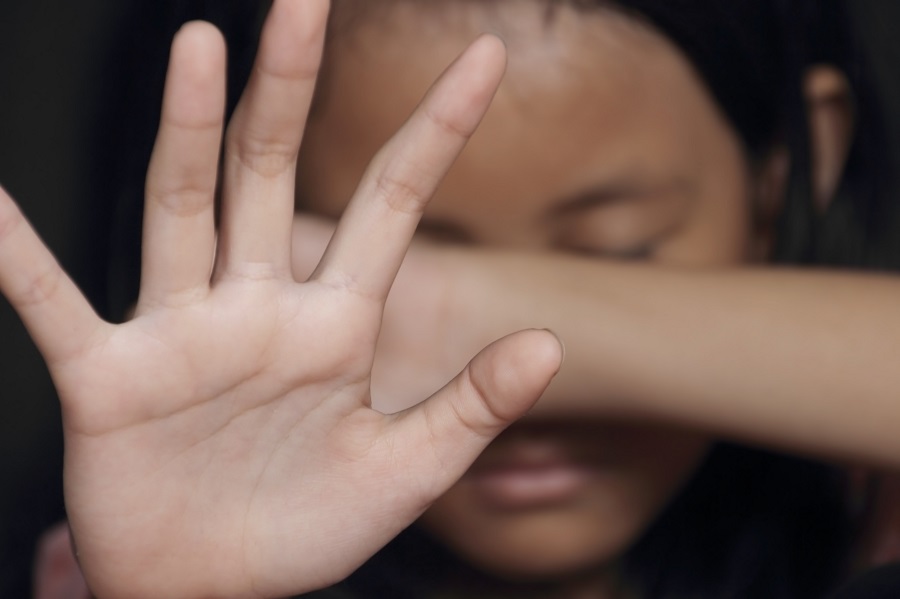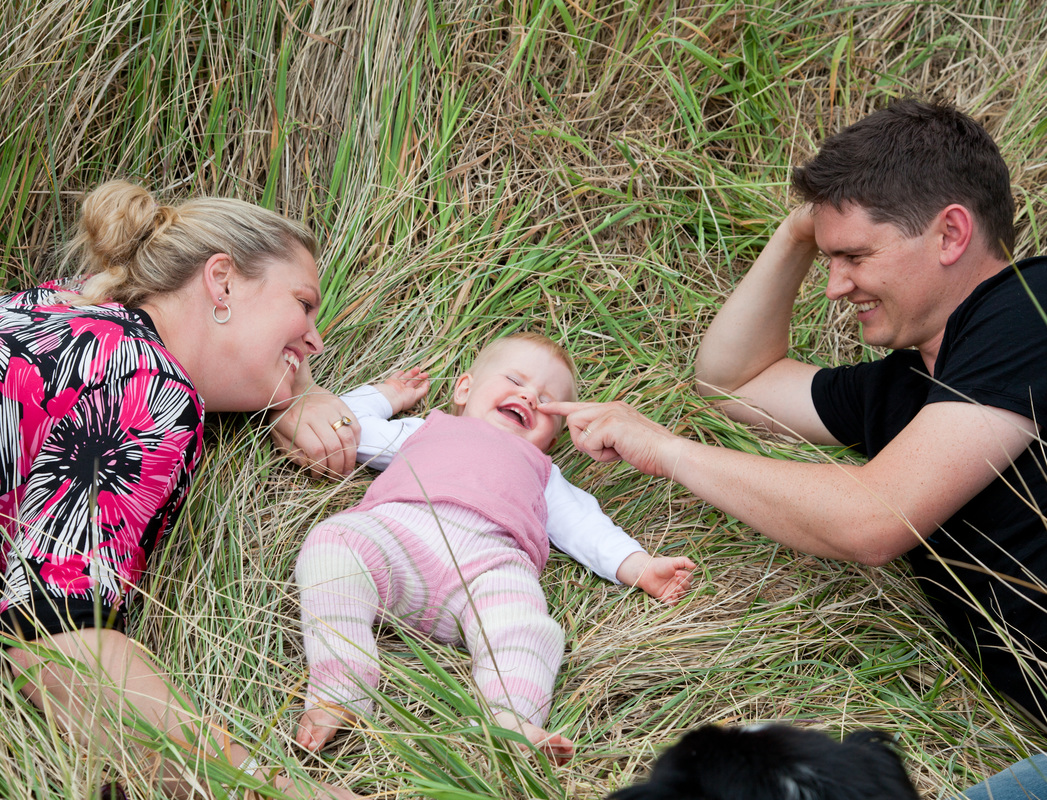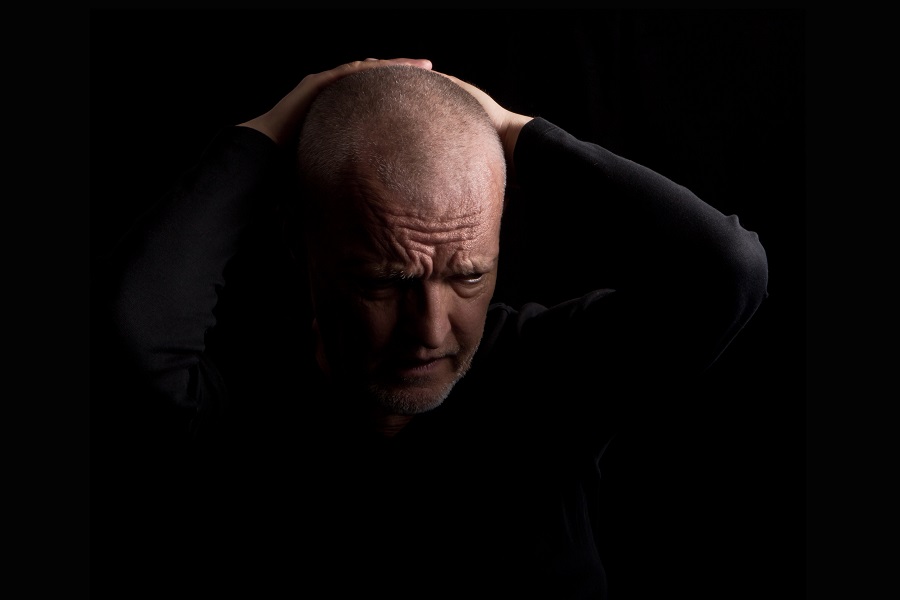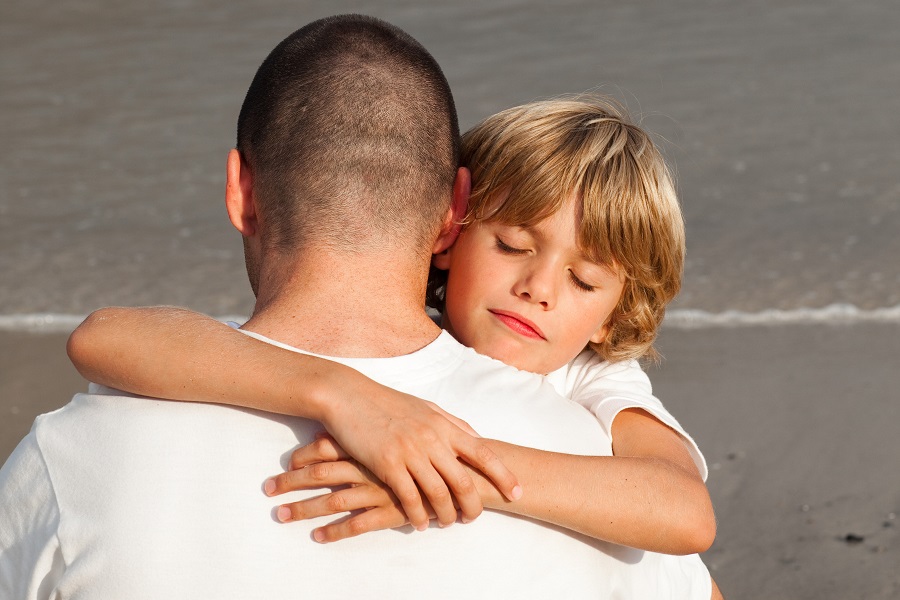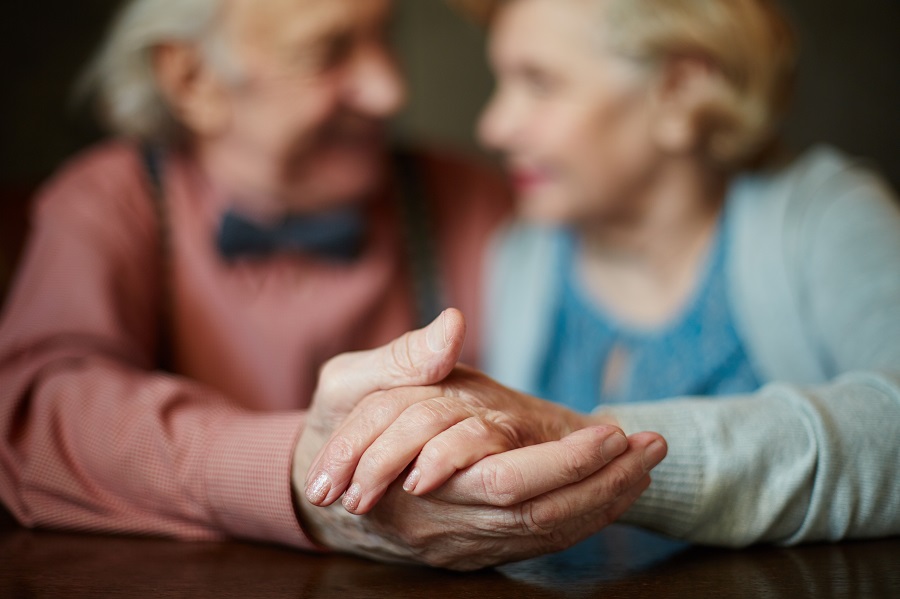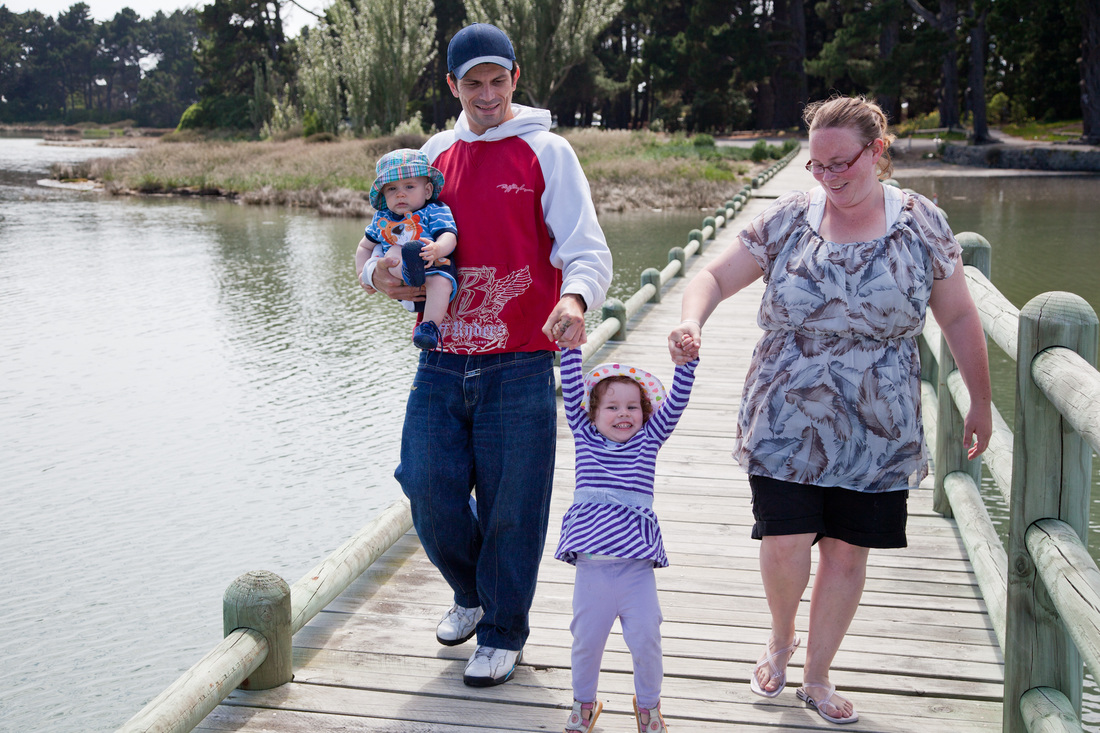Not all abusive relationships involve physical violence...
When people talk about family violence they are often referring to the physical abuse of a spouse or partner. While physical injuries are the most obvious not all abusive relationships involve physical violence. Psychological abuse, by default, also occurs when there is intimidation, threats and physical violence. It can also exist in a relationship where controlling behaviour and emotional abuse are common place but never escalate into physical harm. Regardless of whether there is physical abuse, the outcome of emotional abuse is severe and impacts on the self-worth of the victim. Unfortunately emotional abuse is often minimised or overlooked even by the person being abused. So how do you know if you are... A victim yourself? And/or Someone who is abusive within their relationship?
0 Comments
There are a number of key ideas discussed within this site... 1. Responsibility The first idea is 'responsibility'. In my view responsibility is the ability to respond to situations that we find challenging and distressing. Throughout this site you will find a lot of material around developing skills that will help you to respond respectfully and safely in situations that are tough to manage. One of the key responsibilities we have as men within our relationships is to ensure everyone is safe and that we do not increase worry and anxiety in others. Ask yourself the following question at any time to test this out... “Is my behaviour creating worry and anxiety in others... or
is my behaviour creating safety and well-being?”
So what behaviours are OK?
Digging deeper and having a closer look into abusive practices can be really helpful for some men to identify exactly what types of behaviours are 'not OK'. Work through the following list of behaviours from the 'abusive practices checklist' and consider the behaviours that you've carried out.
Our lives are in a constant state of change. We've all heard the saying... "Change is the only constant" Whenever we change, part of us becomes excited and determined, while another part of us fears what it may mean and wants to remain the same. Even when we are strongly determined to be different, there is a part of us that wants to keep things the same.
Two very important questions are:
Take a moment to think about some other behaviour that you have managed to put behind you. For example, have you...
She'll be sweet from Ken McMaster on Vimeo.
She’ll be sweet looks at power and control in relationships, and emphasises the role of behaviour that is not openly violent.
The short film explores how sometimes behaviour that may seem 'trivial' can play a powerful and destructive role in relationships.
Think of four animals for a moment - a turtle, a shark, a fox and an owl…
The turtle withdraws into its shell when the heat is on, not reappearing until the situation is safe. The shark will circle a couple of times and go in for the kill. The fox has a natural ability to strategise, taking its time to stalk its prey and waiting for the right moment to attack. The owl is perceived as wise, weighing up the situation from all sides. The qualities of these animals can be perceived as styles people use to deal with conflict. Let’s start with the turtle. Whenever something happens to threaten the turtle’s sense of security, it withdraws and is seen to be sulking and uncommunicative. Turtles are often afraid of the power of their emotions. They will deny that they are feeling a certain way, doubt themselves, and intellectualise (convince themselves that the situation is better than it is). Or they may not believe they have the right to feel a certain way.
This is a question you can ask about any interaction between people…
“Does this interaction build or lessen respect, safety and trust for this person, or does it demean them in some way?” Abusive behaviour is clearly at the expense of others, whereas respectful behaviour enhances all concerned. Healthy relationships are those where people feel free to disagree. This does not mean that people don’t like or are judging you… it simply means that, from their experiences and understanding, they have a different view. You can agree to disagree over an issue and still remain friends. Roimatas story from Ken McMaster on Vimeo.
Most men grow up with this crazy idea that everyone, partners and children included, shares the same views of the world as them.
It is hard to risk stepping outside of our ‘manly’ culture to see what things are like from other people’s perspectives or cultures – in this case the perspective and culture of women. To prove this point simply ask yourself the following question...
“Would you put up with your behaviour if you were on the receiving end of it?”
Jealousy is a feeling that arises from suspicion, apprehension, fear of unfaithfulness, or fear of being replaced by someone.
Jealousy can serve several functions in a relationship including…
Jealousy becomes a problem when it is connected with possessiveness. Men often assume that they should be in control of the family, and assume that they have control over others. From the history of men’s ownership and control over women and children, this is not at all surprising. It is not unexpected that men will struggle with the notion of allowing women the freedom to be their own person.
Is using pornography a problem for men who would like to have equal and respectful relationships?
Men who question the use of porn risk being called “prudish”, “killjoy” or “conservative”. What are your own answers to these questions? So is there a true distinction between “hard core” and “erotica”? Hard core porn depicts women being hurt, forced, humiliated and degraded. Erotica is less degrading but still depicts women with a very restricted personal presence. In porn images and videos women are still reduced to narrow aspects of behaviour or body parts. Does this respect women and our own sexual feelings as men?
SAFETY - EQUALITY - RESPECT Safety...
To live safely with someone means keeping them safe from all insults, threats and violence, no matter what they do or say to us. A big ask? Yes, but we have to ask ourselves whether our nonviolence is merely conditional on how others behave. Unless we commit to being safe to live with ‘no matter what,’ it means we are secretly keeping a reserve of abuse and violence up our sleeve (or in a dark corner of our mind) to bring out when we want to punish someone for doing whatever we don’t like. Which attitude is more courageous and worthy of self-respect for us as men... being safe to live with no matter what, or keeping in reserve the right to punish by abuse or violence?
To embrace these new ways of being with others will make a huge difference to your own sense of self, as well as to how others perceive you.
Below are some specific ways to relate to others more respectfully.
Have you had enough?
Is it time to put abuse behind you, or do you want to keep your options open? You have found that the reasons for belonging to the ‘Abuse Club’ are no longer valid. You had little choice about joining - membership is free when you are born male - but you can make the decision to resign now that you are an adult. So what will you do? Letting go of a lifestyle of abuse is like saying goodbye to an old friend. The friend may have got you into a great deal of trouble but you have been through a lot together, like real buddies or mates. There were pay-offs or benefits in being a member of the ‘Abuse Club’. You often got what you wanted in the short term, at the expense of others.
"Safety first” is a good concept.
Many men find the idea of ‘time out’ useful as the most effective and immediate way of ensuring safety. Time out creates a safe zone for everyone and gives you time to sort out what is going on for you. As you get better at identifying the feelings, beliefs and attitudes that drive your behaviour, you will find you don’t need to rely on this strategy as much. In the meantime though, time out is very important. Taking a ‘time out’ is not the same as staging a ‘walk out.’ Many men stage a ‘walk out’ during an argument or fight, leaving the other person unsure about when and if they will come back and what sort of mood they will be in when they return. This is unfair and disrespectful to the people involved. While a ‘walk out’ may be used with the partial intention of creating safety, it shows confused motives. The man may also be hoping to punish his partner for disagreeing by leaving her in a state of fear and uncertainty. In effect, a ‘walk out’ is saying, “I refuse to listen to you”, and is therefore a dangerous tactic that fails to convey a clear message that your aim is to create safety. A walk out is a cop out! Leslie Morgan Steiner- Why domestic violence victims don't leave from Ken McMaster on Vimeo.
Statistics show that many women endure severe physical and psychological abuse in violent relationships and generally leave then return many times before they make a permanent change.
Watch Leslie Morgan Steiner talk about how the man that she was madly in love with routinely abused her and threatened her life. Reflection activity After viewing the media segment consider the reflection questions below.
To develop and maintain a truly intimate relationship requires you to see the other person as different but equal. This is an on-going struggle in the best of relationships and reflects the nature of close relationships. Our society encourages judgement and labels about people based on all sorts of false information and erroneous beliefs.
Harriet Goldner Lerner gives us a clue to what intimacy means: For starters, intimacy means that we can be who we are in a relationship, and allow the other person to do the same. ‘Being who we are’ requires that we can talk openly about things that are important to us, that we take a clear position on where we stand on important emotional issues, and that we clarify the limits of what is acceptable and tolerable to us in a relationship. ‘Allowing the other to do the same’ means that we can stay emotionally connected to that other party who thinks, feels and believes differently, without needing to change, convince, or fix the other. An intimate relationship is one in which neither party silences, sacrifices, or betrays the self and each party expresses strength and vulnerability, weakness and competence in a balanced way. The Dance of Intimacy, Harriet Goldner Lerner, p. 3
If you are here you are either struggling or know someone who is struggling with abusive practices. Over the past 30 years I've worked with literally hundreds of men who have struggled to overcome the lesson they learnt in their families which is...
“Abusive practices are okay and work to get you what you want.” I want to say that despite the messages we get as men that 'using abusive practices is okay', abusive practices are bad news for everyone and impact on everyone involved in negative ways. The good news is that these are learned behaviours and with persistence and effort it is possible to overcome these and have a good life. A good life has huge benefits for us as men and for all of the other people in our lives. |
